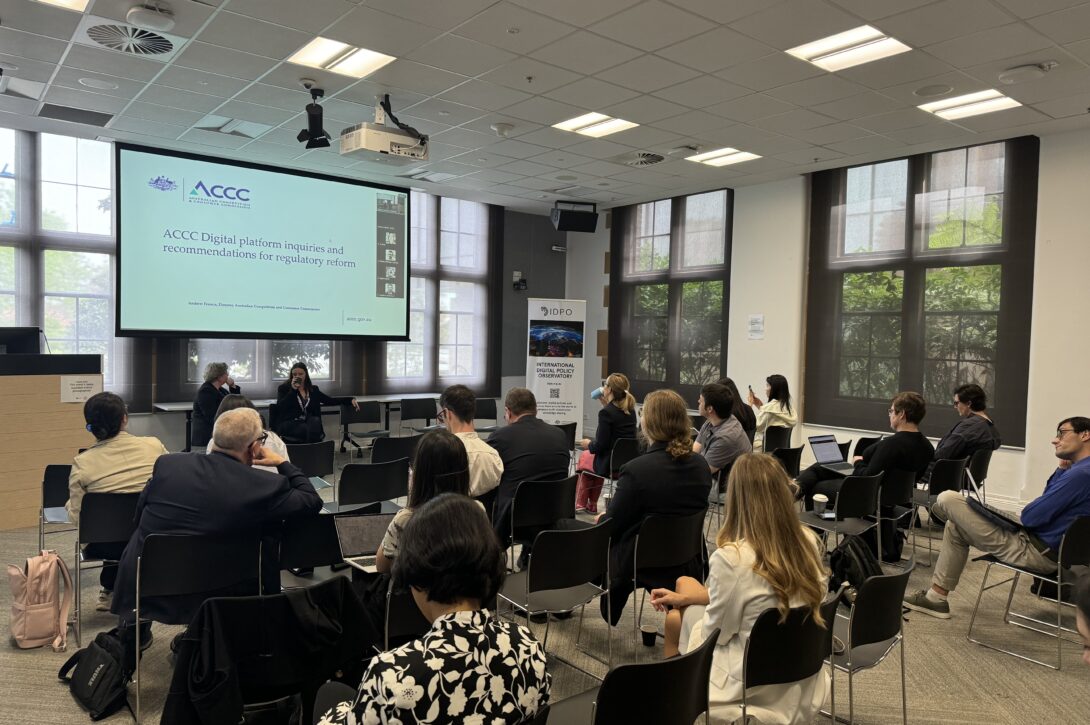All Articles
All topics
-

The Power of Digital Participation – How Online Tools Affect and Are Affected by Policy Conflicts
Can e-participation improve policy processes, or do existing conflicts hinder its potential?
-

A plot on democracy: has the role of e-petitioning changed with the mainstreaming of conspiracy theories?
The emergence of conspiracy theories within petitions is paradoxical: why target these beliefs at the…
-

Policy & Internet 2024 Conference: Wrap-Up!
– in ConferencesWe would like to thank everyone who participated in this year’s Policy & Internet conference…
-

Policy & Internet Conference 2024 – Good Internet Policy: How, What, Why, Where, and For Whom?
– in ConferencesThe Policy & Internet conference will bring together a range of international voices to demonstrate…
-

Policy & Internet Conference 2024: Logistics
– in ConferencesJoin us in shaping Internet policy discourses at a conference designed to challenge, inspire and…
-

Good Internet Policy: How, What, Why, Where, and For Whom?
Join us in shaping Internet policy discourses at a conference designed to challenge, inspire and…
-

Blockchain for better e-governance? Understanding the latest developments in the industry
If the potential of blockchain-driven management is fully realised, what areas in the public, economic,…
-

Can e-participation be improved? Lessons from two successful initiatives.
Many initiatives have been launched, but some of them fail and/or are abandoned, contributing to…
-

Do online consultations make citizens more satisfied with local democracy?
We find that giving citizens an opportunity to have a say in political decisions influences…
-

Is crowdfunding at risk of being weaponized for extremist causes?
How do crowdfunding sites maintain their legitimacy as ‘open’ platforms while avoiding complicity with divisive,…
-

Call for Papers: ICA Post Conference 2024
– in Call for PapersThe International Communication Association (ICA) will be hosting its annual Post Conference at the University Sydney, on the topic…
-

Australia’s News Media Bargaining Code: What next?
A year after the introduction of the Code, we found the legislation was not always successful…
